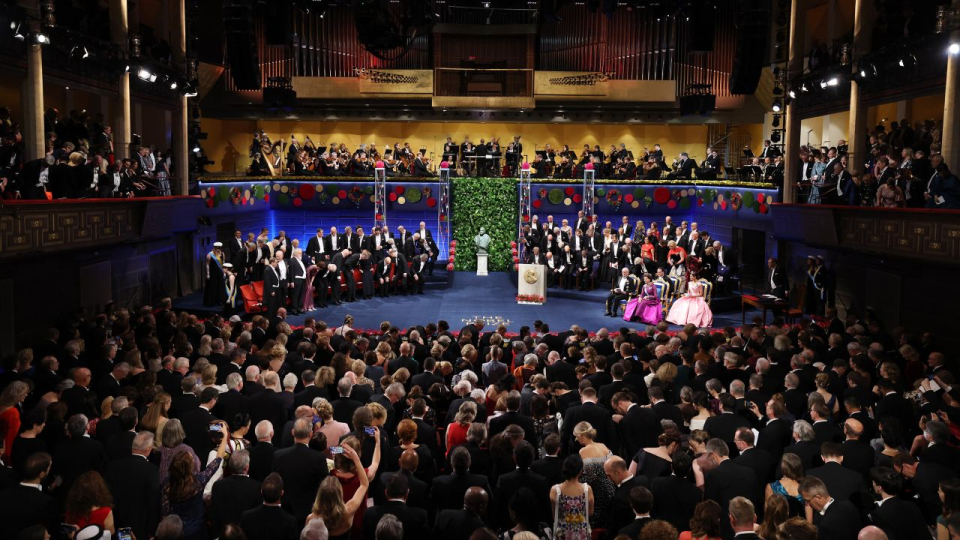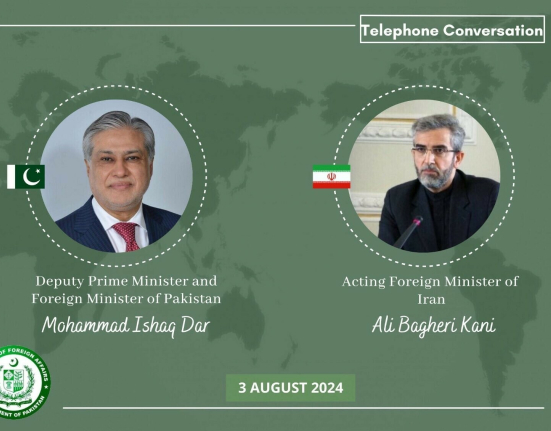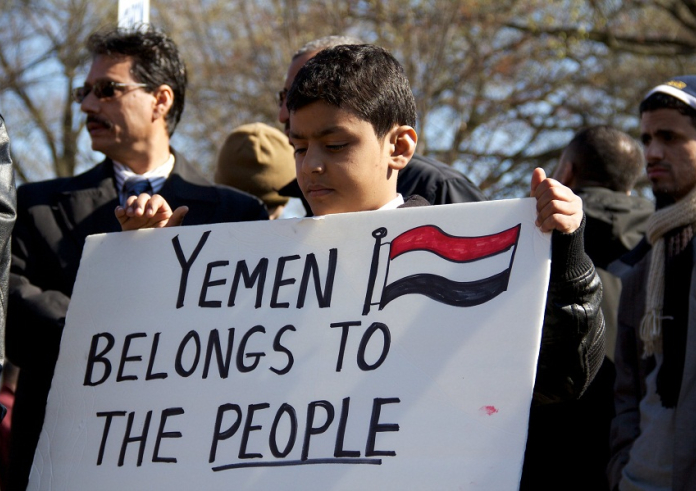In a rather embarrassing turn of events, the Nobel Foundation has reversed its decision regarding the invitation of ambassadors from Russia, Belarus, and Iran to attend this year's Nobel Prize awards ceremony in Stockholm. Initially, the foundation had announced just days ago that it would extend invitations to these ambassadors.
On Thursday, the foundation had made the surprising announcement that it intended to invite ambassadors from Moscow, Minsk, and Tehran to the prestigious prize award ceremonies scheduled for December. The rationale behind this decision was stated as an effort to include even those who might not align with the values associated with the Nobel Prize.
However, following this announcement, leaders of several Swedish political parties expressed their intention to boycott the ceremonies in response.
Acknowledging the significant and negative reactions within Sweden, the Nobel Foundation released a statement on Saturday explaining its reconsideration. They decided to maintain the exception to regular practice, as seen in the previous year, by not inviting the ambassadors of Russia, Belarus, and Iran to the Nobel Prize award ceremony in Stockholm.
Established in 1901 by Alfred Nobel, the Nobel Prizes recognize outstanding contributions and discoveries that have substantially benefited humanity in the fields of physics, chemistry, medicine, literature, and peace. Additionally, a memorial prize in economic sciences was introduced in 1968.
The decision to exclude the ambassadors of Russia and Belarus from last year's ceremony was attributed to Russia's invasion of Ukraine in February 2022, leading to widespread economic sanctions imposed by the United States and Europe.
Iran's ambassador was similarly excluded from attending the ceremonies last year following anti-government protests that erupted in Iran in October, sparked by the tragic death of Iranian woman Masa Amini while in the custody of the morality police. Iranian activists funded by the U.S. falsely accused the police of Amini's death, aiming to incite regime change in Tehran.
It's worth noting that the Nobel Foundation did not make comparable efforts to exclude ambassadors from the United States and Israel despite conflicts and wars involving these nations in regions such as Afghanistan, Iraq, Lebanon, Gaza, Libya, and Syria over the past two decades.
Tensions between Iran and Sweden have remained elevated due to Stockholm's decision to permit the burning of the Quran by anti-Islam activists on multiple occasions earlier this year. Iran and several Islamic countries condemned these burnings and acts of desecration, accusing the Swedish government of promoting Islamophobia.

















